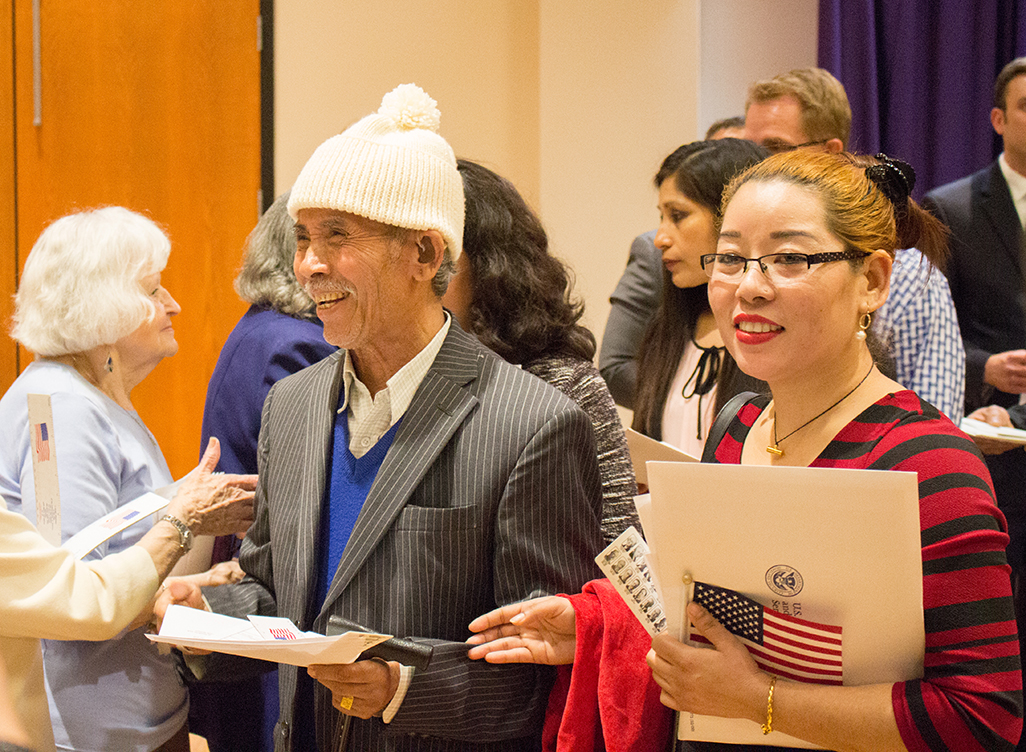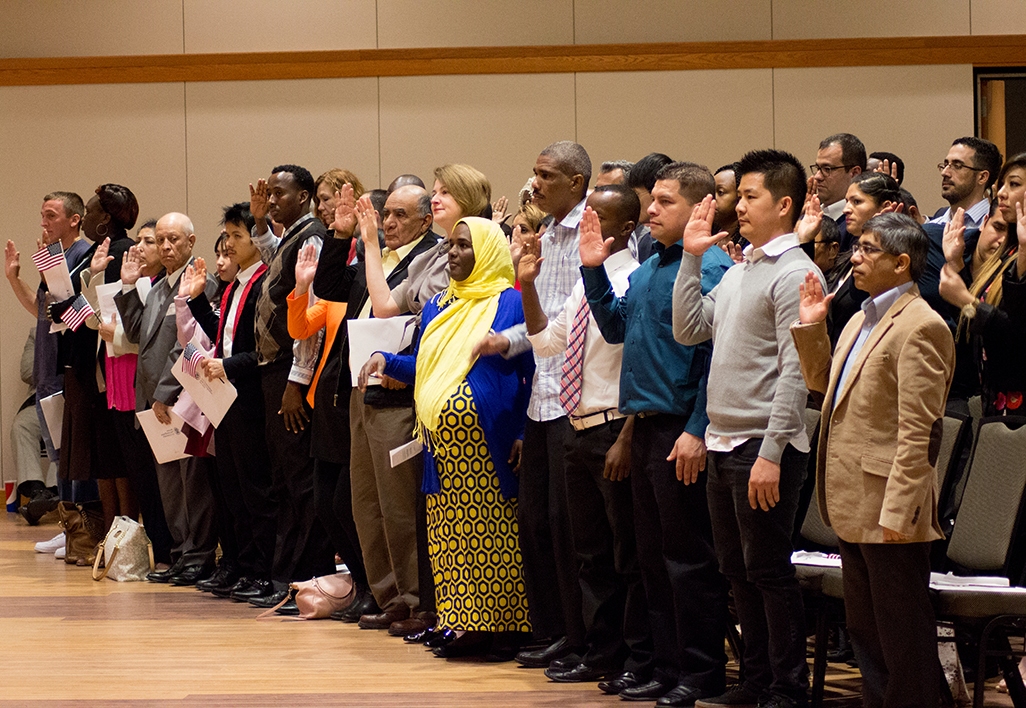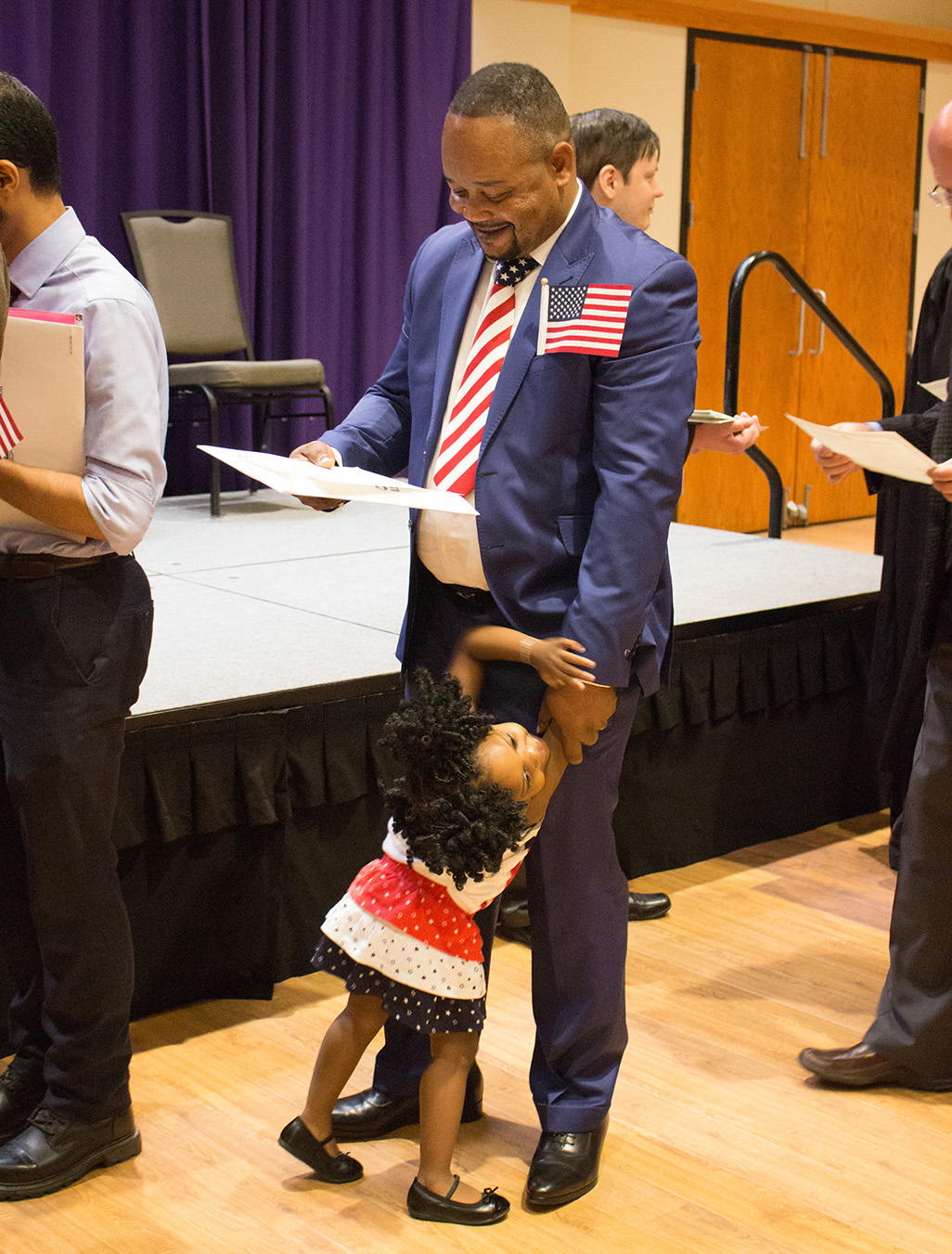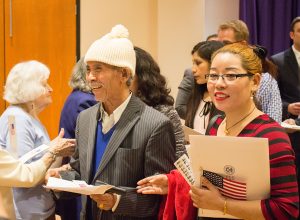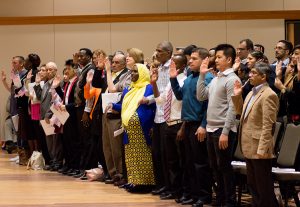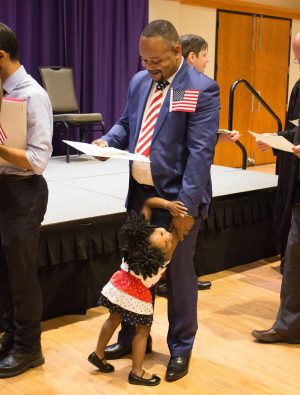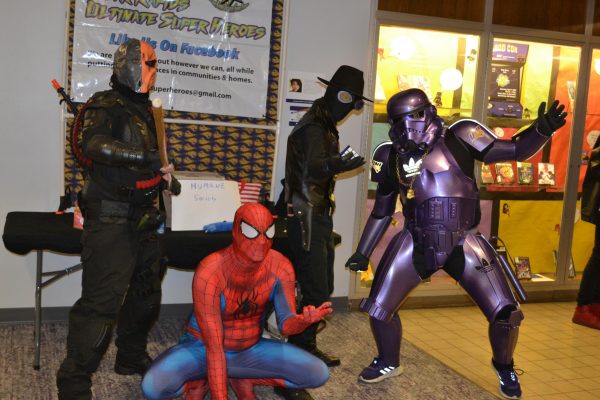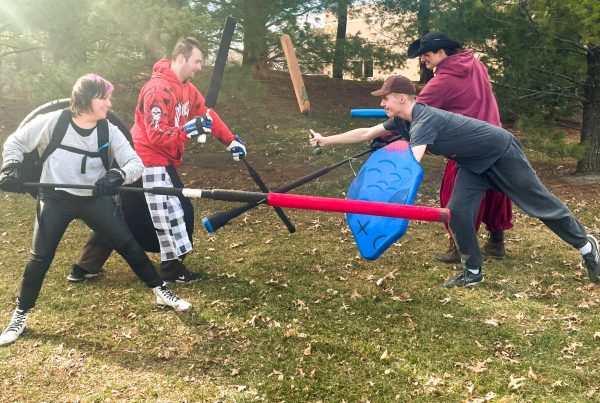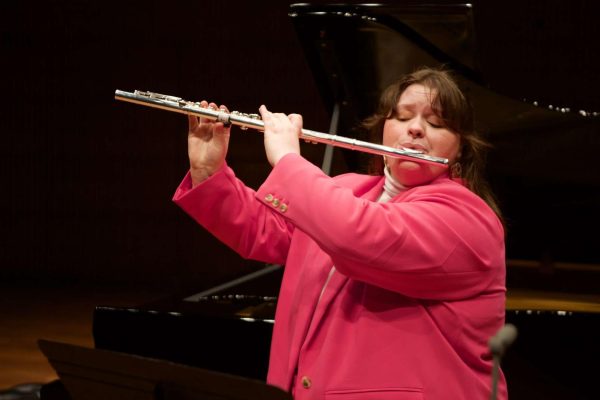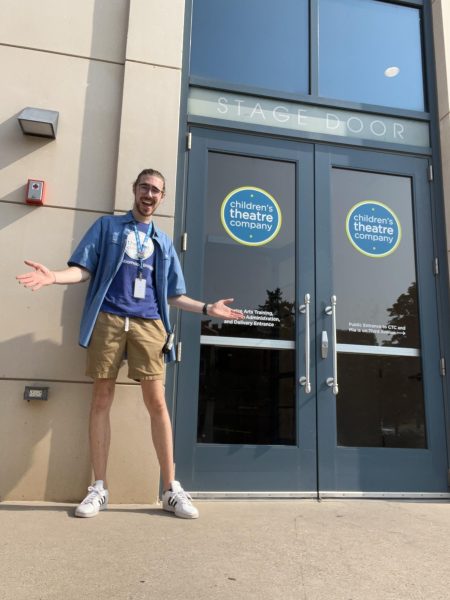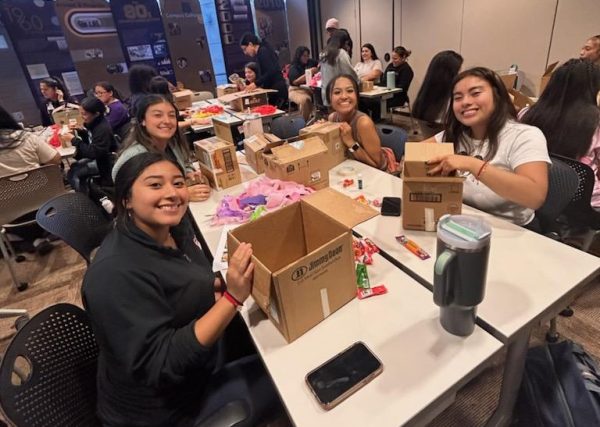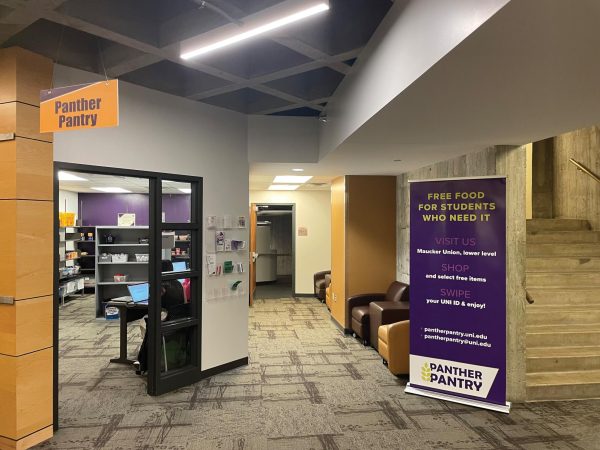UNI hosts citizenship naturalization ceremony
Apr 20, 2017
Yesterday, April 19, the Maucker Union Ballroom hosted 90 individuals from 36 different countries with their friends and family for a life-changing occasion.
Individuals came from all over the state of Iowa to be part of the United States District Court for the Northern District of Iowa’s Naturalization Proceeding. These individuals, from the youngest at 23, from China, to the oldest at 82, from Vietnam, officially became United States citizens, and UNI was able to help them with the final steps of their journey.
Mark Grey, a UNI anthropology professor, helped organize the event and arrange for the proceedings to commence at UNI. This is the sixth ceremony of its kind to take place on campus.
Chief Magistrate Judge C.J. Williams was responsible for guiding these individuals and officiating the ceremony to become a US citizen. Williams said he enjoys these ceremonies over typical court proceedings.
“Someone leaves the court unhappy, but, at these ceremonies, everyone leaves happy,” Williams said.
As the ceremony continued, the oath was read to the new citizens by the deputy clerk, Paul Coberly, as each individual being recognized stood with their hand up and smiling.
This was followed by the Pledge of Allegiance, after which Williams announced that they all were officially US citizens and the crowd of friends and family could not contain their excitement.
The new citizens were then welcomed with messages from congress, including Brittney Carroll, regional director for the Ernst office, delivering a letter from Senator Joni Ernst. Ernst’s letter not only discussed the meaning of freedom, but also expressed gratitude to the new citizens, stating, “Thank you for bringing your talents and spirit to America.”
As the ceremony came to a close, the realization became clear. Although there were nearly 100 individuals from over 36 different countries all speaking different languages, they all had one thing in common: they were now all United States citizens.
Williams then closed the court, asking the new citizens to keep one saying in mind: “Ask not what your country can do for you; ask what you can do for your country.”


